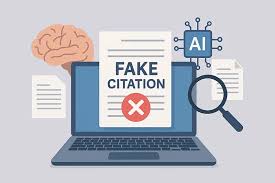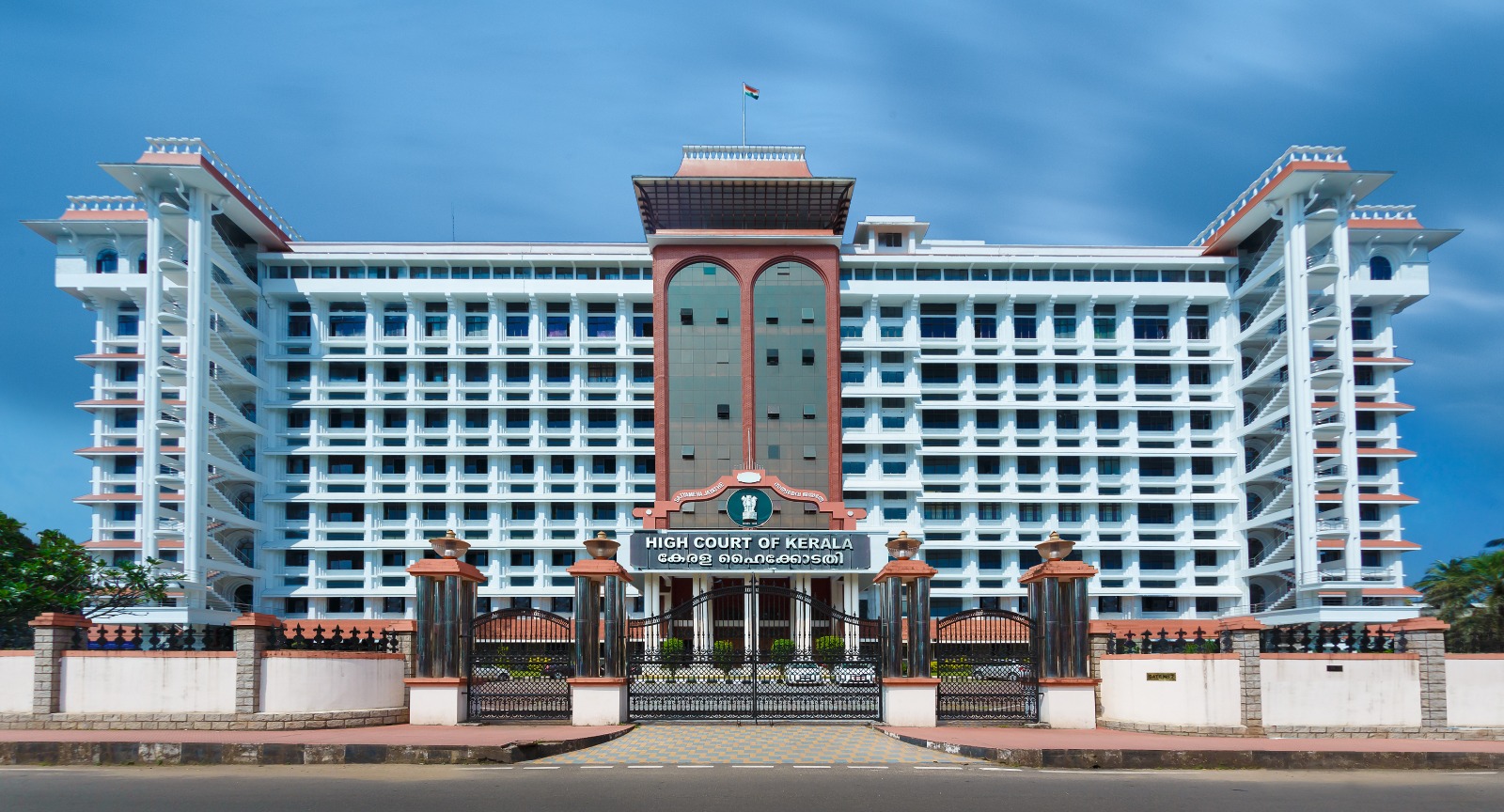@JUDGMENTTAG-ORDER
Iqbal Singh, J.@mdashThis order shall dispose of all these Civil Writ Petition No. 7969, 11008, 11009, 11010, 11011, 11012, 11013, 11014, 11015, 11016, 11017, 11018, 11019, 11020, 11021, 11022, 14128, 14133, 14134, 14135, 14147, 14148, 14149, and 12794 of 1990 as common questions of law and facts are involved in all these writ petitions. The facts are being taken in C.W.P. No. 7969 of 1990.
2. The land of the claimant/respondent No. 2 was acquired by the Hoshiarpur Improvement Trust, Hoshiarpur (hereinafter to be referred as "the Trust") under the Punjab Town Improvement Act, 1922 (for short as "the Act"). The possession of the land was taken in accordance with law. The Collector gave his award in the year 1979. The claimant/respondent No. 2 was not satisfied with the compensation and he sought enhancement of compensation. The matter was adjudicated upon by the President, Land Acquisition Tribunal, Hoshiarpur, Respondent No. 1, (hereinafter called as "the Tribunal") u/s 59 of the Act, vide his order dated 24.3.83, annexed as Annexure P-1 with the petition. The order of the Tribunal dated 24.3.93 became final. After a gap of more than five years, respondent No. 2 preferred an application under Sections 151 & 152 of the CPC seeking amendment of the award and claiming enhanced solatium and other benefits in view of the Land Acquisition Amendment Act 1984 (Act No. 64 of 1984). The Tribunal, vide its order dated 25.4.89, allowed the application made by respondent No. 2 and modified its earlier award dated 24.3.83 to the extent that solatium shall be payable at the rate of 30% instead of 15% granted earlier. Interest at the rate of 12% per annum was granted from the date of notification u/s 42 of the Punjab Town Improvement Act, 1922 till the date of award of the Collector or the date of possession of land which ever was earlier. Interest was also granted at the rate of 9% per annum from the date on which the Trust took possession of the land to the date of payment of such excess amount in Court, for a period of one year and thereafter at the rate of 15% per annum from the expiry of the said period of one year till payment.
3. It is against this order dated 25.4.1989 of the Tribunal, which is annexed as Annexure P-2 with this petition, this petition under Article 226/227 of the Constitution of India has been preferred by the Hoshiarpur Improvement Trust, Hoshiarpur through its Chairman in which a prayer has been made for issuance of a writ in the nature of mandamus, certiorari, prohibition or any other appropriate writ, order or direction quashing the impugned order dated 25.4.89 of the Tribunal, annexed as Annexure P-2 with the petition.
4. Learned counsel for the petitioner has submitted that respondent No. 1 had no jurisdiction to entertain the application u/s 151 and 152 of C.P.C. The order of the Tribunal, according to the learned counsel, was without jurisdiction. The Tribunal could not review its earlier order passed five years back. The remedy, if any, available to the claimant/respondent No. 2 was to prefer a petition under Article 226 of the Constitution of India. He has cited
5. Admittedly, on a reference made by the claimant/respondent No. 2 u/s 18 of the Land Acquisition Act read with Section 59 of the Punjab Town Improvement Act, 1922, the Reference Court enhanced the compensation vide its award dated 24.3.83. It was only after a period of more than five years, the claimant/respondent No. 2 filed an application under Sections 151 and 152 of C.P.C. for amendment of the decree to award benefits of Sections 23(1-A), 23(2) and 28 of the Act as amended by Central Act 68 of 1984.
6. The controversy is no longer res-integra. it has been authoritatively held by the Supreme Court that the claimant was not entitled to additional benefits and Sections 151 and 152 of C.P.C. could not be invoked to award additional benefits under the Amendment Act 68 of 1984. The Reference Court had no power to amend the decree to award enhanced statutory benefits. The award of the reference Court, thus, is clearly without jurisdiction and a nullity. It has been so held by the Supreme Court in Union of India v. Rangila Ram''s, case (supra).
7. In Bai Shakriben''s case (supra), the Supreme Court has held as under:
"This Court in "Thus, it would be seen that a decree having been made u/s 26(2), the Civil Court is left to correct only either clerical or arithmetical mistakes as envisaged expressly u/s 13-A of the Act by LAO Act or u/s 152 C.P.C. Though Section 151 CPC gives inherent power to the Court, it is intended only to prevent abuse of process of the court or to meet the ends of justice. The present is not a case of such nature. Further, since Section 23 is an express power under which the civil court has been conferred with the jurisdiction to determine compensation, and in addition to the market value certain percentage of the amount of directed to be awarded as envisaged under Sections 23(1-A) and 23(2) and the interest component u/s 28, the invocation of Section 151 CPC by necessary implication stands excluded." It was further held by the Supreme Court in Bai Shakriben''s case (supra), which reads as under: "The omission to award additional amounts u/s 23(1-A), enhanced interest u/s 28 and solatium u/s 23(2) are not clerical or arithmetical mistake crept in the award passed by the reference Court but amounts to non-award. Under those circumstances, the reference Court was clearly in error in entertaining the application for amendment of the decree and is devoid of power and jurisdiction to award the amounts under Sections 23(2), 23(1-A) and 28 of the Act." 8. The judgment of this High Court in Joginder Singh''s case (supra), cited by the learned counsel for the petitioner can not be pressed into service in view of the authoritative pronouncement of the Supreme Court. 9. In view of the authoritative pronouncement of the Supreme Court, this petition is allowed and the order dated 25.4.89 of the Tribunal is set aside as being without jurisdiction and a nullity. 10. Consequently, Civil Writ Petition Nos.11008 to 11022, 14128, 14133 to 14135, 14147 to 14149 and 12794 of 1990 are allowed and the order dated 25.4.89 of the Tribunal is set aside as being without jurisdiction and a nullity.

